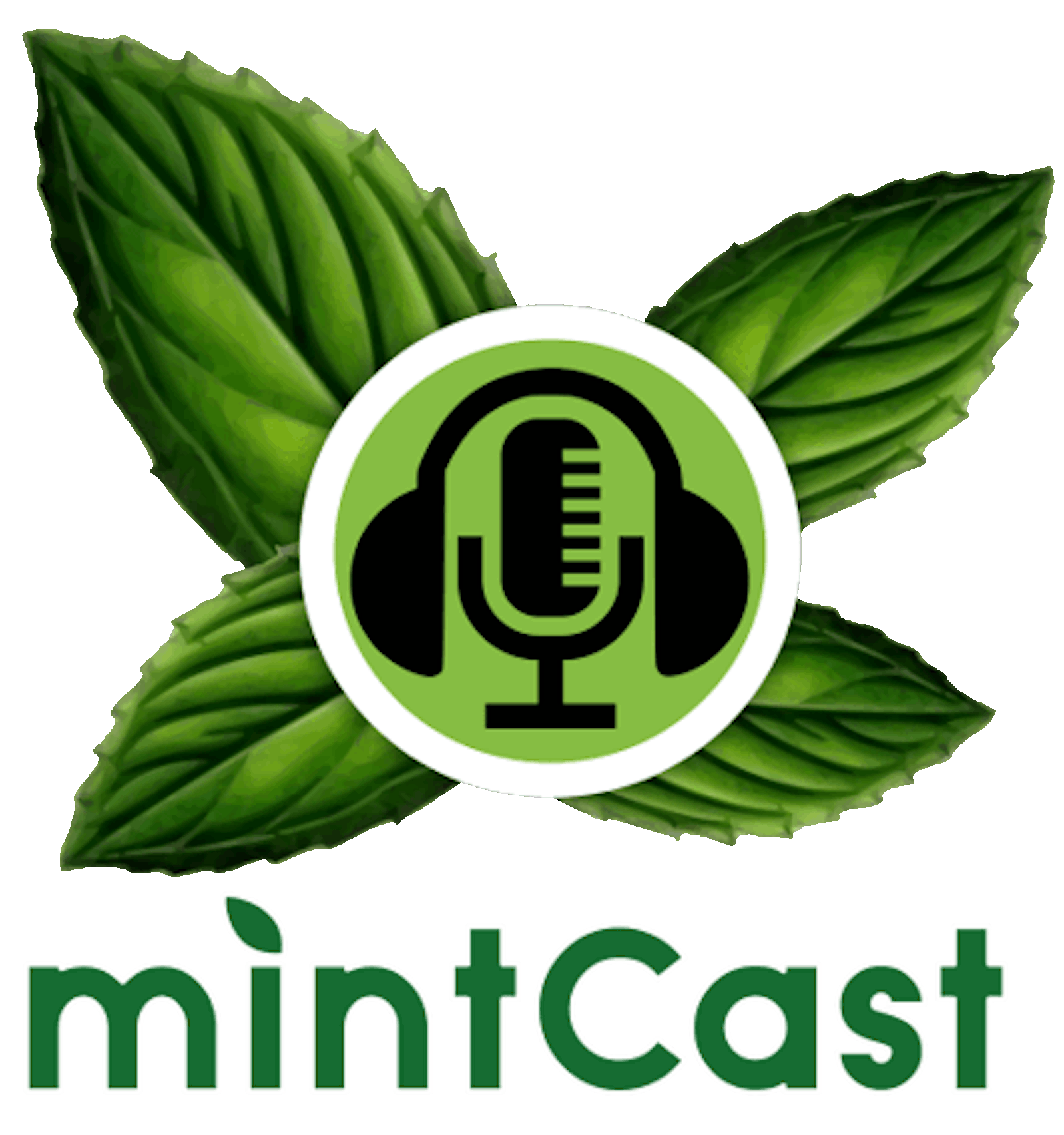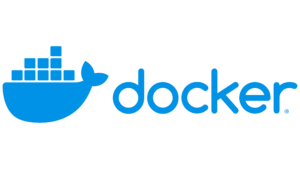mintCast 312 – Remote File Mount (mp3)
Introduction:
- This is Leo and with me today is Joe, Tony Watts, and Moss, with Special Community Guest, Oliver Kelly.We’re recording on Sunday, June 30, 2019.
- First up, in our Wanderings, I’ve been playing with Samba for the show, Tony Watts gets wired, Moss is distrohopping as work allows, and our guest Oliver has been blogging and reaching out to laptop vendors.
- Then, in our news we talk new releases
- In our Innards section, we talk Samba, NFS and Rclone
- And finally we hit our listener feedback.
Bi-Weekly Wanderings:
-
- Leo
- Learning more than I want to with Samba, but has been pretty easy overall through Nemo in Linux Mint Cinnamon.
- Dove deep into Fedora 30 Server again this past week. Been meaning to get VM support on it and, at first glance, it looked extremely easy. Once I dug in, I realized there was a bit more to do than press the Install button. Also, adding a VM to a bridge wasn’t natively supported.
- Leo
- STILL NOT INSTALLED ARCH! Sadface 🙁
- Moss
- We got Episode 003 of Distrohoppers’ Digest out and into the wild, and we’re already getting good comments on all sides. We hope to be adding more chatter, as well as information on languages and accessibility, although we are a bit undereducated on the latter. And, thanks to a rebroadcast via Hacker Public Radio, Episode 001 has reached more than 1,500 downloads! My comments on Solus OS from Episode 001 have been almost completely positive, for which I am grateful.
- Install OpenMandriva Lx 4 – System locked up (oddly, except for my mouse pointer) just by trying to use my external monitor, before installation. I’m getting some really odd responses on the OM Forum on this.
- I’ve updated my DistroBox™, the little box of color-coded jump drives to install YouPickIt™ Distro on other peoples’ machines. The current version is posted to our public Discord group. Current residents include: OpenMandriva Lx 4; Fedora 30 Workstation; Gecko Linux 150.0 Static; MX 18 15Jan19; Linux Mint 19.1 MATE; Deepin 15.10; Ubuntu Budgie 19.04; Ubuntu MATE 18.04; Feren OS 2019; Bodhi 5.0.0; Sabayon 19.03 MATE; LMDE 3 “Cindy” Cinnamon 64-bit; and Slackware64 14.2 Live 1.2.0
- Otherwise, work. Still full time, could switch to part time any week now. And, now, thanks to Joe, I’m now on the LinuxMint Slack conversation.
- Joe
- Mostly worked on headphones while on vacation. Wanted a little break from computers.
- Except I did fix my windows partition so that I could play the final DLC for Borderlands 2. It is awesome.
- Did not have the old problems where windows overwrites grub which was nice. Just reinstalled and everything worked. Took forever to do all the updates and installs.
- Did not take long to get through all the new areas on the DLC but it was fun.
- Emailed Clem. He provided some information on the new mintBox and invited me to the slack channel for Linux Mint media
- Tony W
- Played with OBS
- Internet upgrade
- Wired internet to basement
- Used netgear ex6300 wifi range extender as a network switch – replaced firmware with dd-wrt
- Built a server
- Used kubuntu
- Plex media server primarily
- Internet upgrade
- Now getting 300+ Mbps
- Had a SD card just up and die on me
- New car stereo. Finally have bluetooth in the car. No CD Player
- Oneplus screen replacement debacle
- Aftermarket screen does not play nice with Lineage
- Had to go to Oxygen OS
- Oliver – 0lzi
- Blogging over at 0lzi.tk thats Olzi with an oh or zero.
- Reaching out to linux computer manufacturers to get review samples.
- Juno computers
- Blog post about this on the website.
- And recently Starlabs have added me to list of media awaiting review laptops.
- Juno computers
- I got gifted RUST –
- Bit worried that I was going to go back to windows for the weekend to play it, as it has been broken and protondb since may.
- after being broken on Linux for a while is now working, this is big news as this is a native and has easy-anti cheat. There is a bug currently that in certain textures it is like being in a disco ball.
The News:
- OpenMandriva Lx 4 is out! 🙂
- Debian 10 Buster coming July 6
- Raspberry Pi 4b – Josh’s Desktop Pi Challenge
- Snap Store thingy – Oliver
- https://uappexplorer.com/snaps?arch=armhf snap search and filter
- New MintBox is coming. Based on the Airtop3 – Joe
- [Moss] Linus Torvalds sees hardware headaches ahead
- Ubuntu dropping, but not dropping, but dropping AND not dropping 32-bit support and Steam is dropping/not dropping support for Ubuntu
Linux Innards:
SSHFS
SAMBA & NFS
- Joe
-
- Working with RCLONE
- A great tool for mounting cloud services as local drives
- Rclone config
- Rclone mount name: /location
- Works well with onedrive and google and yandex
- Does not work with Amazon cloud drive
- Because Amazon changed their policies
- Was not able to get sftp to work using RCLONE
- Got an error
- couldn’t connect ssh: ssh: must specify HostKeyCallback
- Also was not able to get Dropbox working
- Assume this is in regards to recent changes to policy
- How to get around that.
- Here are the listed services:
- 1 / Amazon Drive
- 2 / Amazon S3 (also Dreamhost, Ceph, Minio)
- 3 / Backblaze B2
- 4 / Dropbox
- 5 / Encrypt/Decrypt a remote
- 6 / Google Cloud Storage (this is not Google Drive)
- 7 / Google Drive
- 8 / Hubic
- 9 / Local Disk
- 10 / Microsoft OneDrive
- 11 / Openstack Swift (Rackspace Cloud Files, Memset Memstore, OVH)
- 12 / SSH/SFTP Connection
- 13 / Yandex Disk
- Working with RCLONE
- Leo
- Get Samba Rolling
- At first glance, Samba sharing seems simple enough. And for the most part, that’s correct. However, even though Files (nemo) supports it natively, and even helps you set things up, it misses a step, but we’ll get to that at the end of my section.
- Open Files (nemo). Head to your home folder and create a directory which we’ll use to share. Right click on the new directory. Click Sharing Options. If you haven’t done this before, you’ll see a message.
- Samba needs to be installed, and your user account needs to join the ‘sambashare’ group. To the right of that message, there’s an Install button. Click it. Provide your password and hit Authenticate. It’ll ask you to confirm installing samba (click Install) and additional software (click Continue).
- After everything is installed, the Folder Sharing window will ask you to reboot.
- After reboot, Folder Sharing can be accessed the same as before, but you should now be able to turn on “Share this folder”. Click Create Share, and you’re done. Your user can now use this folder from other machines in the network. You’ll also see a new icon on top of the directory you shared.
- From another Linux Mint machine I had on the network, I could open Files (nemo) and find the shared folder in the Network section. I double clicked on the hostname within, TESSA-ONE in my case, and the share was visible. However, I wasn’t able to log in with my username and password. This is because Samba shares use wholly separate user accounts and passwords than what are installed natively in Linux.
- The step that’s missing for all this to come together is creation of a Samba user. You can name this account the same as your regular username to make things simple with `sudo smbpasswd -a leo`. The smbpasswd tool will immediately ask you to set a password. Do this, and if the password is different from your normal one, you’ll need to remember it when connecting to any shares on that machine.
- If you have multiple samba shares, this whole process and upkeep can get really cumbersome.
- If you ever need to change your Samba password, run the smbpasswd command again and supply your old and new passwords. Remember to use sudo if you’re creating new Samba users or configuring users other than yourself.
- If you’re curious about the deeper workings of Samba, start with the Ubuntu Samba How-To on how to configure a Samba share manually. Samba is much more robust than what the how-to covers, but even still you’ll need to be comfortable editing permissions, umask and configuration files before you can really take this and run with it.
- Get Samba Rolling
- Tony – NFS
- Why NFS? Xbox One, Kodi, and all my other Linux machines
- Kodi on Xbox One had built in support for NFS but not SMB (bizarre?)
- I followed instructions at https://vitux.com/install-nfs-server-and-client-on-ubuntu/
- Install NFS Kernel server
- Create export directory (open up ownership)
- Assign client access through export file
- Export shared directory
- Open firewall (if applicable)
- Configure clients, mount NFS share on each client
- Configuring Kodi with NFS share is a breeze
- Why NFS? Xbox One, Kodi, and all my other Linux machines
Vibrations from the Ether:
- About splitting the show: For:Against ratio is 4:1.
- GOING LINUX 371 mentioned us
- Bob Long
- Levi Samuells on the MeWe Group
Check This Out!
- Leo
- Moss – Scenarist, a powerful tool for creating screenplays
- Joe
- Tony W
- Oliver –
- Firefox fenix , Mozilla’s Firefox preview for Android. Super fast, sleek design, odd URL bar positioning go check it out on the play store. Here
- Mint fans – Cinnamon 4.2.0 coming soon – thanks to Peter Jones from telegram for sharing this
- Something for mint users – I found out from Leo about dmesg but a visual, mint has a log viewer called ‘logs ‘ gives a nice way of viewing different types of logs
Announcements:
- DistroTest.net appears to be improving their servers. More of the site is working, and there are clear signs of upgrades being done.
Wrap-Up:
- Joe – www.Tllts.org www.linuxlugcast.com MeWe [email protected]
- Bo – undercastnetwork.com
- Moss – Triad Bardic College, Peaceful Hippo, Distrohoppers’ Digest, MeWe, music on Bandcamp and all over YouTube (ignore the young black South African gospel singer of the same name unless you’re into that), [email protected], [email protected],
- Tony Watts – [email protected], Echoes of Savages (band)
- Tony Hughes – HPR – http://hackerpublicradio.org/correspondents.php?hostid=338 , Occasional Blog https://tony-hughes.blogspot.com/ , Twitter @TonyH1212, [email protected], Distrohoppers’ Digest
- Josh – [email protected], edublocks.org and @all_about_code on Twitter
- Oliver – @0lzi | Twitter @0lzi_ instagram and blog 0lzi – Not your usual Tech Blog, I also randomly stream on twitch
- Leo – leochavez.org and @leochavez on Twitter, and now Full Circle Weekly News
Before we leave, we want to make sure to acknowledge some of the people who make mintCast possible …
- Josh for working on redesigning our website, setting up the YouTube and Twitch streams, and providing lots of technical help.
- Bytemark hosting for providing the new hosting server for the website. (Which will roll out soon, we promise!)
- Archive.org for hosting our audio files.
- The folks at Hacker Public Radio for the Mumble server we use to communicate
- The Linux Mint development team for the fine distro we love to talk about. [Thanks Clem!]
Podcast: Play in new window | Download
Subscribe: RSS




Recent Comments